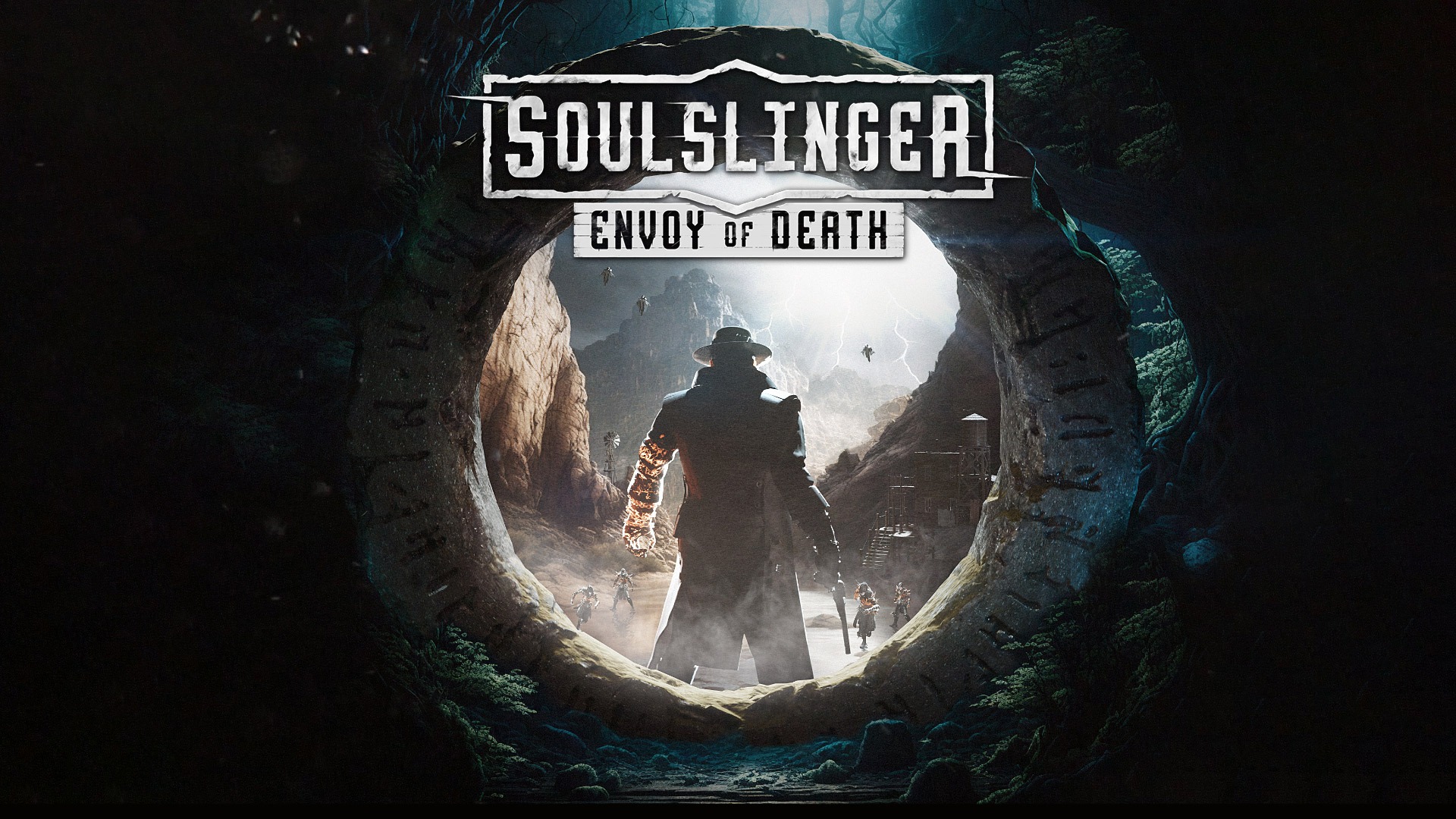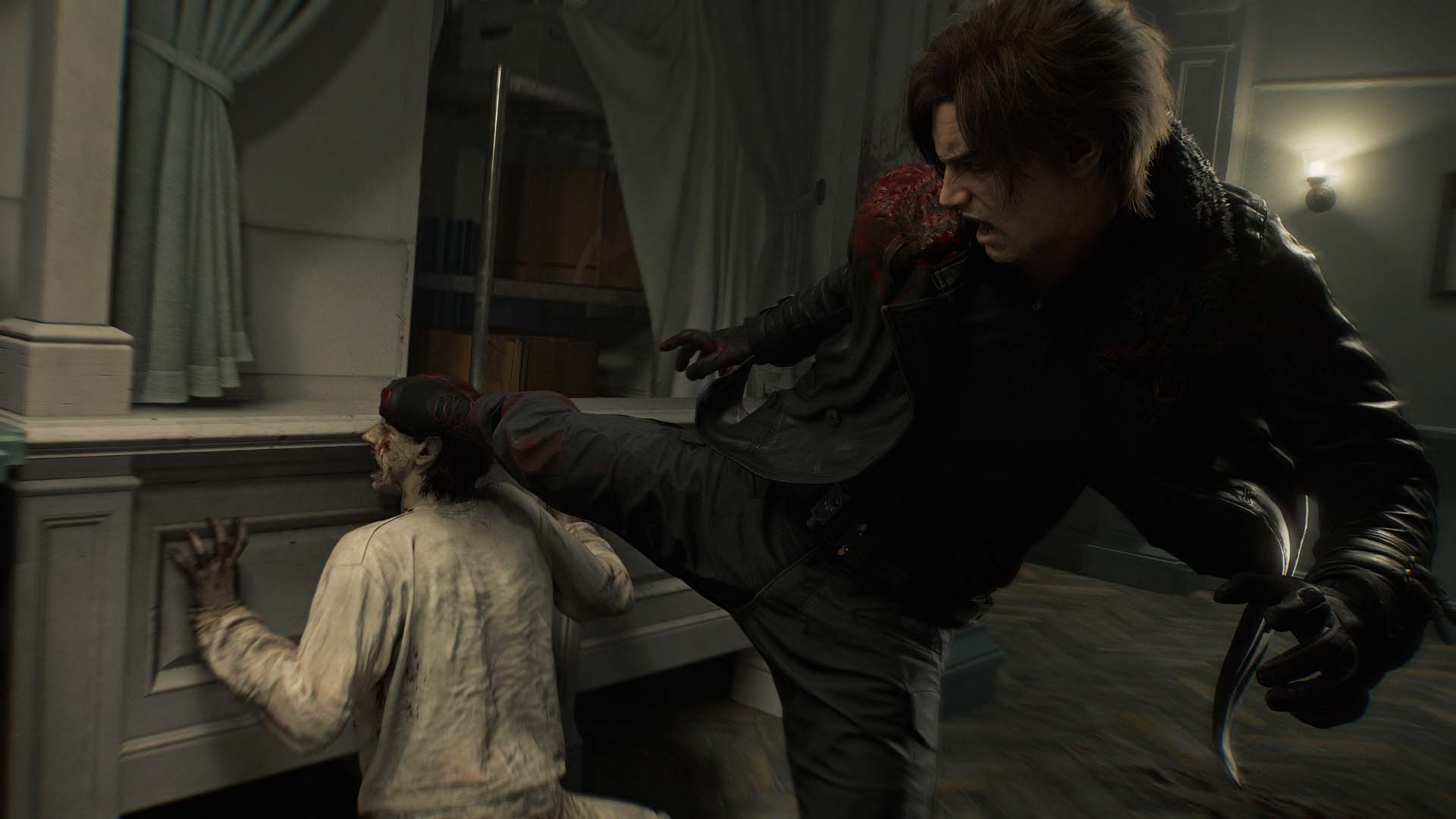I shouldn’t love World of Solitaire as much as I do. For all of its glossy presentation, it’s a no-thrills compendium of some of the most played Solitaire games out there. There aren’t any explosions when you make a match, nor is there a forced narrative over the top. It’s five card games, working well on console. That’s it.
But if it’s so easy, why haven’t other games done it? The Solitaire games that arrive on Xbox are either cursed with being clumsy – failing to accommodate the game controller in any way – or they are dry as a Ryvita with an Ace of Spades hastily drawn on top. When I want to sit down and play some obstacle-free Solitaire, I tend to skip the Xbox entirely and head for the tablet or PC. And it shouldn’t be this way.

In comes World of Solitaire with a swagger and smolder. Finally, we have a game of Solitaire that feels at least adequate on a controller. Finally, we have one with a touch of colour and personality. And, finally, there are five of our favourites here. World of Solitaire isn’t spreading itself too thin with thousands of rare variants from all corners of the globe, or doubling down on a single mode with an overblown campaign. It’s Klondike (Patience to us Limeys), Spider, FreeCell, Tri-Peaks and Pyramid, all delivered with gusto.
Klondike is likely the one you first picture when you think of Solitaire. It’s seven increasingly large columns and four foundations for you to dump Aces in. You move cards around those columns, alternating in colour and descending in value. Then there’s FreeCell, which is the classic that was built into late ‘90s PCs, where you do much the same but with four ‘cells’ where you can store cards for later use. And Spider is our personal favourite, where every card is a heart, and you just have to create King-through-Ace to remove them from the board. A tap of RB tops up the columns with more cards to sort through.
Tri-Peaks and Pyramid are superficially similar. Pyramid is our least favourite, mostly because it makes us count. You need to pair cards to make a total of 13 (Kings are 13 on their own, so get immediately removed without the need of a pair), and those cards can come from a deck or from the Pyramid itself. And Tri-Peaks is our second favourite, as you aim to remove cards from the titular three peaks by creating a sequential chain of numbers going up or down. Got a 10? You can remove a 9, then a 10, maybe up to Jack, Queen and then back down to Jack again. As long as they are one number away, you can drag the card out.
If we were to write down the five most popular or fun Solitaire games from memory, these are the five we would choose. They’re classics for a reason, and they hold enough variety to ensure that moving from one game to the other comes with its own challenges and differences of approach. It’s worth noting that there are variations within each game, should you fancy: you can draw 1 or 3 cards in Klondike, for example, and have Classic or Vegas scoring. They don’t make a huge difference and you can ignore them should you choose, but it’s nice to be able to tailor to preference.

Cards are tactile things, so mapping these games to a game controller was always going to be a challenge. But Baltoro Games have mostly done it. Analogue or d-pad will move the highlighted card, and there’s no awkward cursor in sight. Handy actions can be pulled off with the touch of a button, like an Undo or Hint feature. And you can pause to Concede or Restart with ease. World of Solitaire doesn’t do anything fancy, and mostly ends up frictionless.
Mostly. We’ve still got a list in the back pocket of things we’d love to request. There’s no quick ability to move an Ace to a foundation: you have to manually pick it up and move it there, across multiple columns. We understand why World of Solitaire doesn’t want you double-tapping everything and making the game easy, but surely Aces could have been auto-moved? What else were you going to do with those Aces?
Auto-completing puzzles is unnecessarily obstructive, too. Take FreeCell: you can let the computer complete the grid once all of the cards are stacked lovingly in order. But, for whatever reason, it doesn’t include the cards in the cells. You have to manually move those cards out before you do. Spider won’t let you auto-complete at all, even though nothing is blocked. It’s not entirely clear why Baltoro Games have made this aspect of the game so unfriendly.
And there’s the tippy-tappy slowness of moving cards to the stack you want. World of Solitaire is slow – perhaps too slow, for those who are comparing it to real-life cards. You are moving through every…single…card in a stack to get to the one at the bottom. It’s unavoidable, something that no console-housed game of Solitaire has managed to solve. But it doesn’t stop it from irking.

But you know what? We don’t care. Because we’ve fumbled through so many half-baked Solitaire games that can’t even get the basics right. And World of Solitaire absolutely nails the basics. It’s as sturdy as Grandma’s old chair.
Better still, there’s some lightweight RPG stuff that makes it sing. We’re not talking about in-your-face, unnecessary power-ups that feel like they’ve been airlifted from an MTX system. We’re talking about scratch cards that offer up challenges and ideas for stuff to do. Complete these tasks to unlock an absolute embarrassment of card backs, card fronts, boards and music tracks. And at no point did we feel like it was a misjudged grind: everything is downright achievable within a few games.
This is it. World of Solitaire is the Solitaire game on Xbox that so many of us have been waiting for. It comes with intuitive controls that suit the pad, no unnecessary frills, and five of the best Solitaire variants that you can play. Layer on a neat battle pass-like system (don’t worry, there’s no whiff of MTX here), and you have pure Solitaire goodness.




